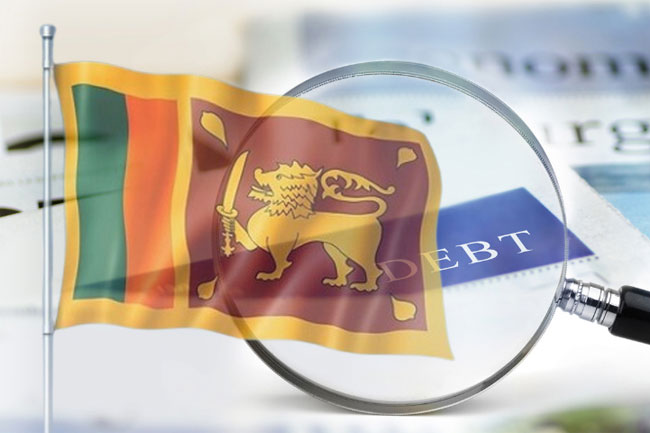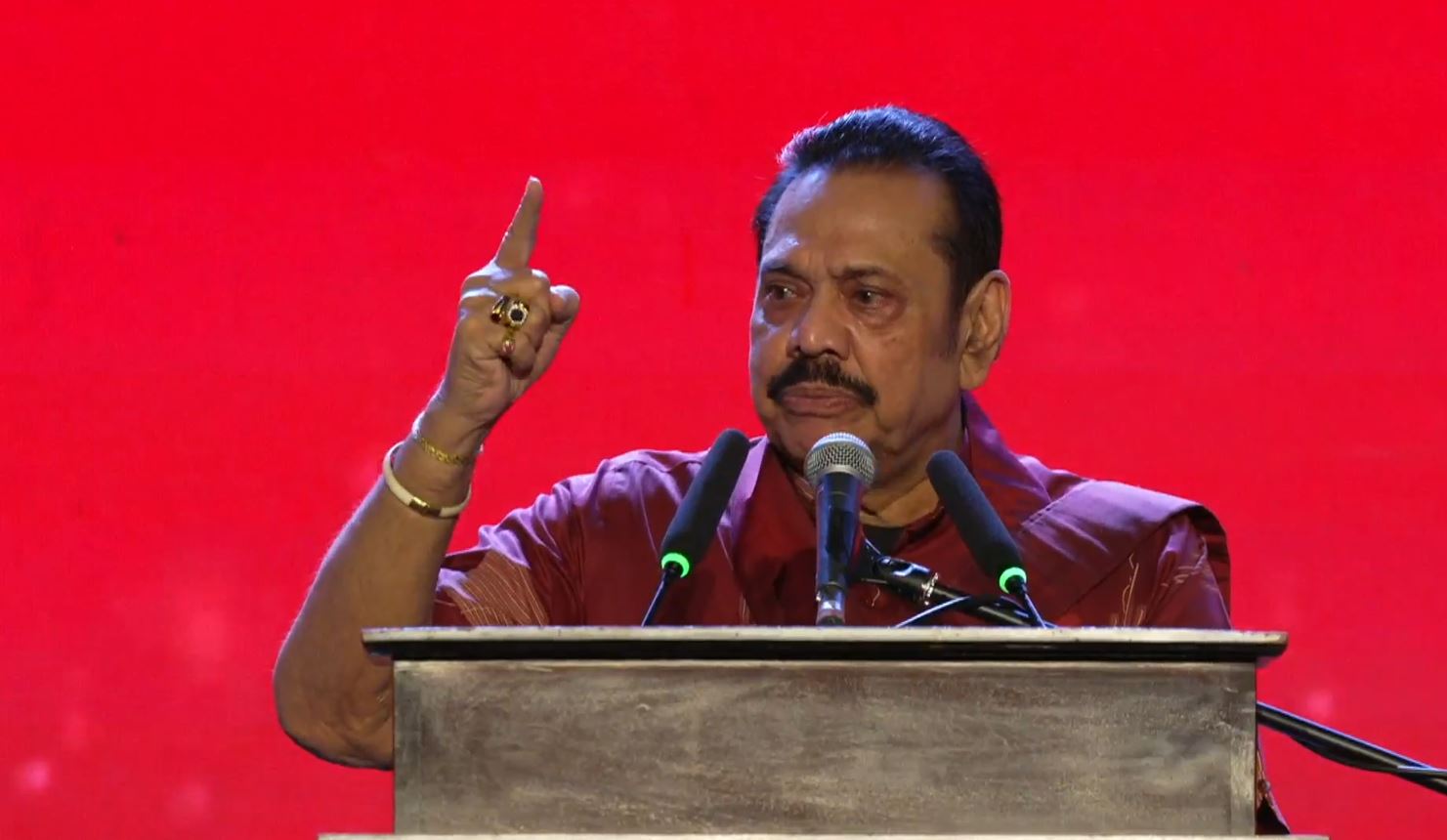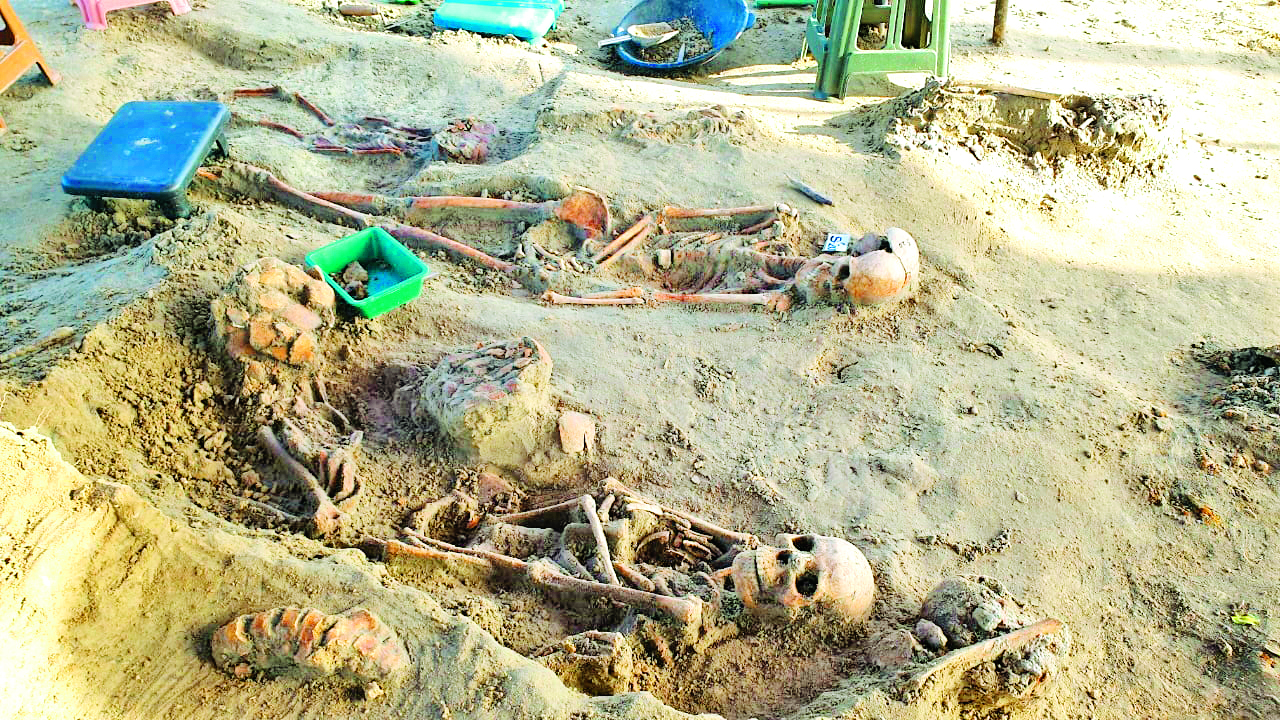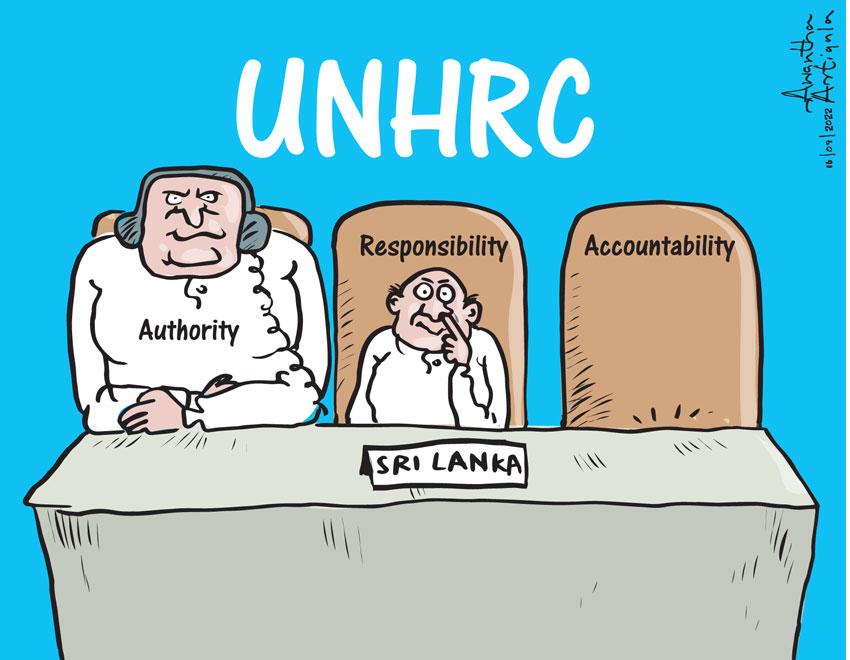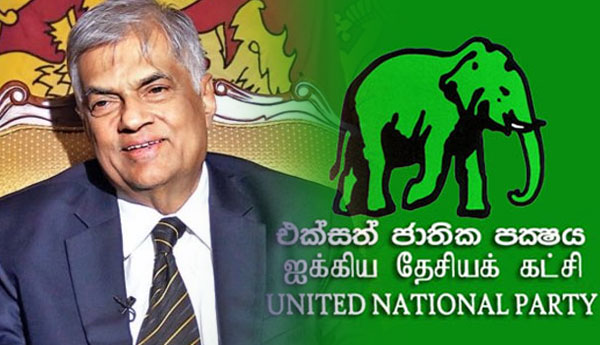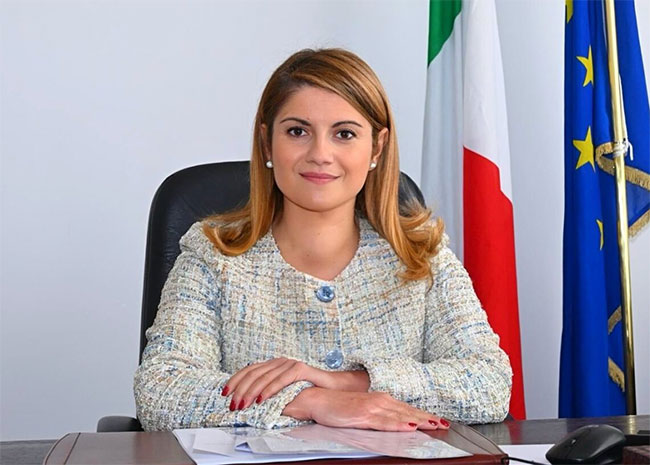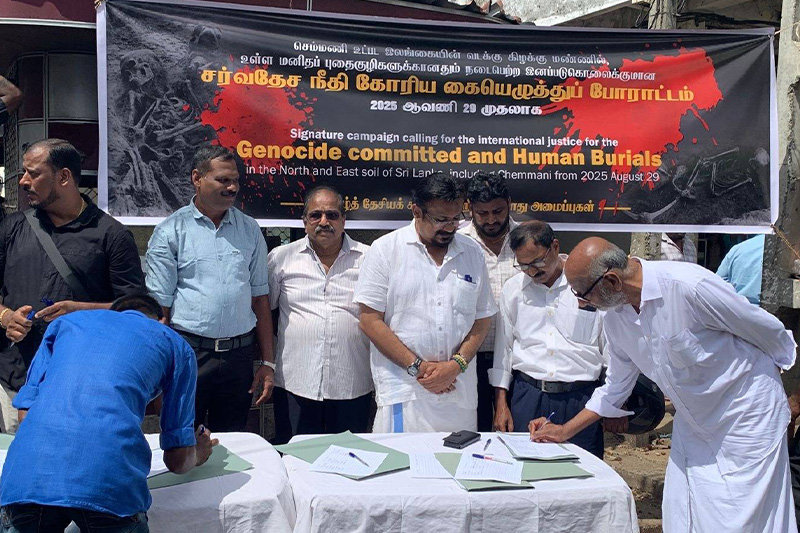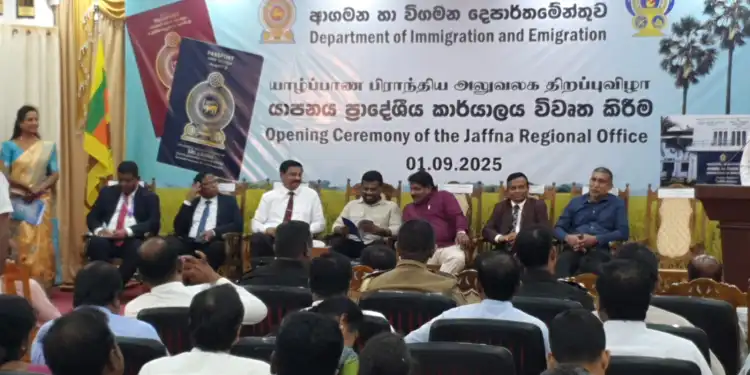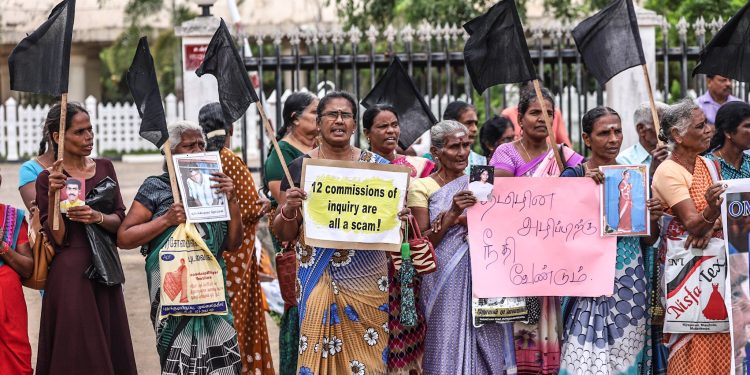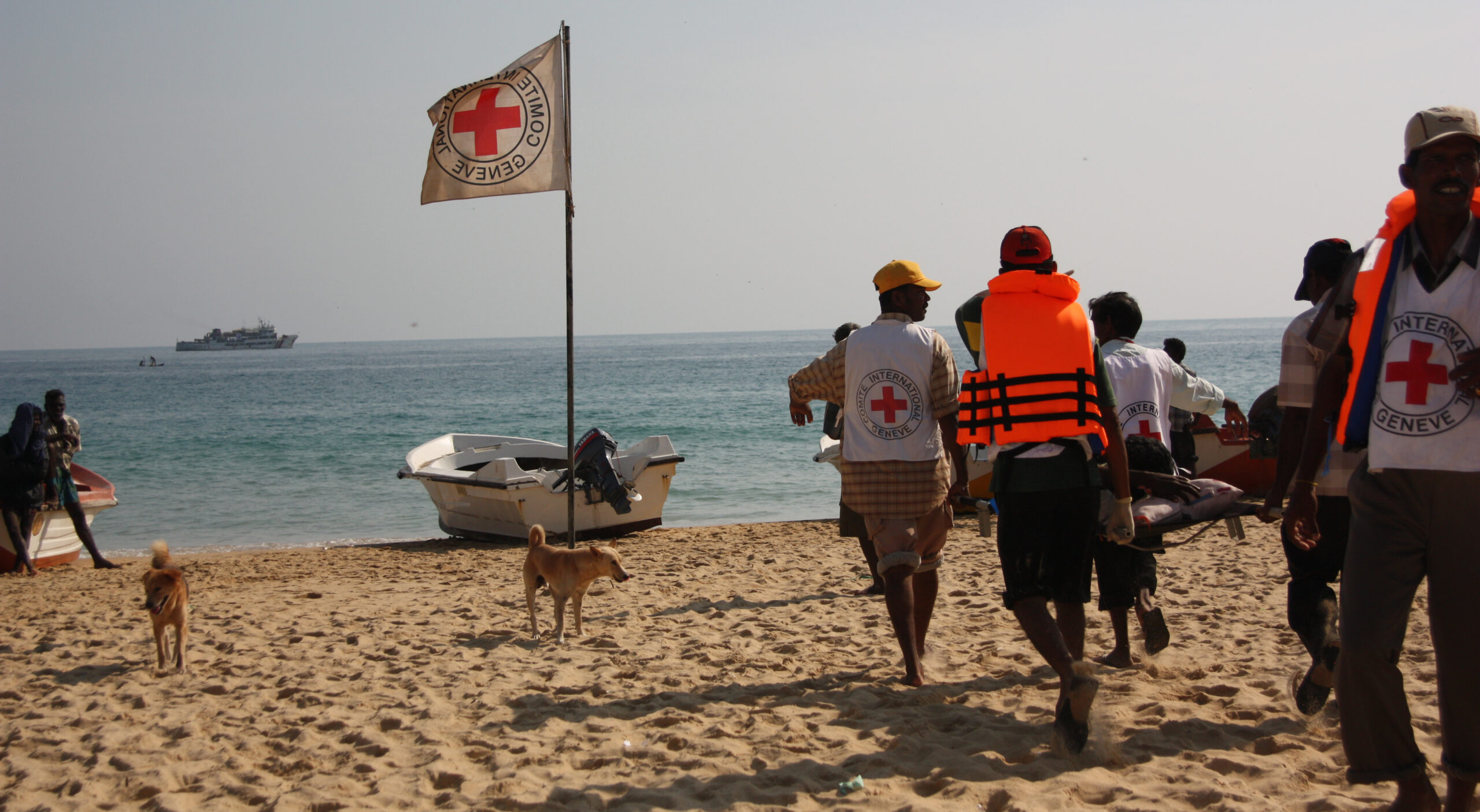Colombo-based think tank Arutha Research Director – Debt Research Umesh Moramudali yesterday dispelled ‘overstated’ fears that Sri Lanka faces a looming debt servicing cliff when it resumes capital repayments of restructured foreign loans in 2028.
In 2028, Sri Lanka begins capital repayments on bilateral debt to Japan, EXIM Bank China, and EXIM Bank India, while bullet payments and maturities for macro-linked bonds (MLBs) are also scheduled to begin that year. However, Moramudali says it amounts to an additional $ 1 billion compared to the $ 2 billion debt servicing requirements in 2026 and 2027 comprising interest payments and multilateral (ADB, World Bank) loan repayments.
Speaking at the ‘Debt and Tax Dialogue’ forum organised by Arutha Research, he said the country is on track to reduce its debt burden faster than International Monetary Fund (IMF) baseline projections, though questions remain over whether the new Public Debt Management Office has the capacity to manage complex borrowing once it takes over from the Central Bank and External Resources Department.
“The target given by the IMF in terms of the debt stock stability assessment is that Sri Lanka’s debt-to-GDP ratio has to come down below 95%,” Moramudali said. Current estimates place the ratio at 104.6% of GDP in 2024, with the IMF framework projecting a decline to 96.8% by 2030. Moramudali added that Sri Lanka could reach 85–87% of GDP by 2032, substantially better than the Fund’s forecast.
Slides presented at the forum showed progress across all four IMF benchmarks: public debt trending downwards, gross financing needs projected under 13% of GDP in 2027–2032, foreign currency debt service capped below 4.5% of GDP, and bridging of a $ 17.1 billion external financing gap in the same period.
Fiscal gains underpin this trajectory. Government revenue increased to 13.5% of GDP in 2024, from 8.4% in 2022, while a primary surplus of 2.2% of GDP was recorded in 2024. “We have pretty much overperformed in our capital targets,” Moramudali said.
On restructuring, he noted that “all creditors have to be treated fairly and equally.” Completed agreements cover Bondholders (December 2024), China Development Bank (December 2024), China EXIM Bank (September 2024), India (November 2024), Japan (March 2025), and the UK (August 2025).
Moramudali pointed to a popular misconception that Sri Lanka does not have to service its external debt until 2028, and that it would be a shock to the system then. “But this is an overstated fear,” he said.
Multilateral debt continues to be serviced in full, with interest payments on both commercial and bilateral debt ongoing. Sri Lanka’s total debt servicing obligation for 2026 is $ 2.12 billion and $ 2.09 billion in 2027.
Capital repayments on bilateral debt will commence in 2028, alongside bullet payments on MLBs. “The increase in repayments that year, estimated at about $ 1 billion, is manageable,” he said, countering claims of a repayment cliff.
Moramudali stressed the importance of institutional reform. Debt management responsibilities are being transitioned from the Central Bank and Department of External Resources to a new Public Debt Management Office, which will only be fully operational in 2026. “Debt management is not the Central Bank’s responsibility. It has to be handled by the Finance Ministry or a dedicated debt management office,” he cautioned, raising questions about the office’s technical capacity.
Since Sri Lanka’s default in 2022, almost all new financing has come from multilaterals such as the IMF, Asian Development Bank (ADB), and World Bank. No new bilateral loans have been issued. The restructuring of China EXIM Bank’s Central Expressway loan illustrates tighter conditions: an original $ 989 million loan (2019) was reduced to $ 500 million, shifted from dollars to RMB, and converted from a fixed 2.5% rate to a floating 2.5–3.5%. The Government will fund the remaining $ 438 million directly.
Moramudali also observed that Chinese engagement was shifting from debt to investment. Sinopec’s Hambantota refinery Memorandum of Understanding (MoU), valued at $ 3.7 billion, could become Sri Lanka’s largest foreign direct investment (FDI) if realised. Sinopec also secured the Sapugaskanda refinery contract through competitive bidding, while other Chinese State-owned enterprises (SOEs) are pursuing ADB-backed projects, such as Upper Elahara hydropower.
Moramudali said this reflects stricter IMF governance conditions and domestic political commitments to avoid corruption. But, without a stronger institutional capacity for debt management, he warned, Sri Lanka risks repeating past failures in handling external borrowing.


